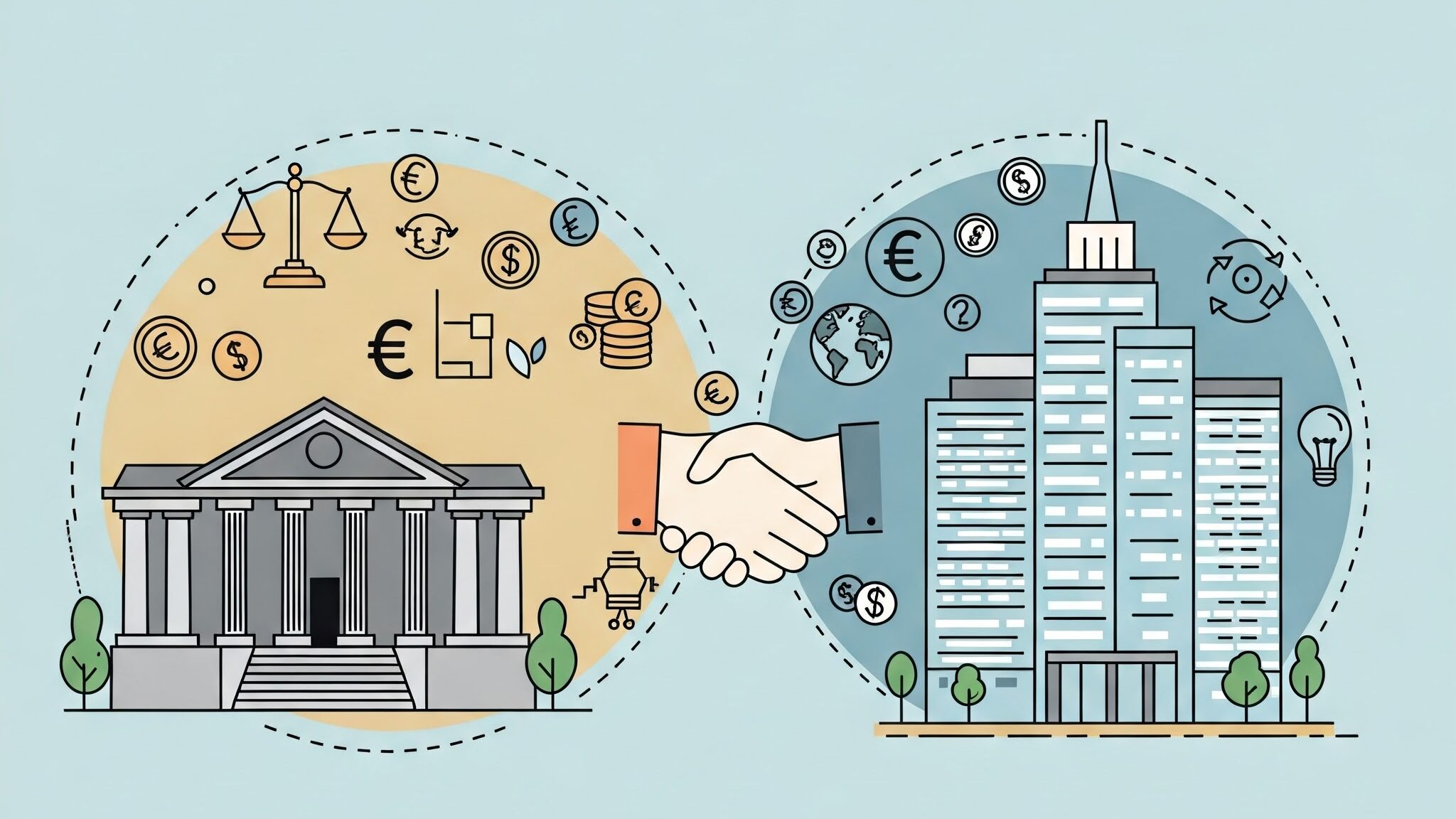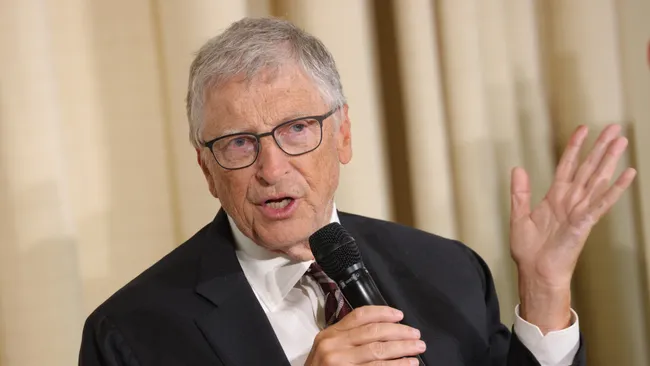What Does Bill Gates Say About AI and Jobs?
Bill Gates has long been a voice of reason and foresight in the tech world, and his recent predictions about Artificial Intelligence (AI) and its impact on jobs have sparked global conversations. According to Gates, AI will redefine the nature of work—not eliminate it. While some jobs may be displaced, many new roles will emerge, requiring re-skilling and adaptation. Gates emphasizes that society must prepare for these changes with thoughtful planning, education, and policy.
Introduction
AI is revolutionizing industries across the board, from healthcare and education to transportation and finance. Bill Gates believes that while automation may take over repetitive and manual tasks, it will also open the door to more meaningful, creative, and strategic job opportunities. His message is clear: the future isn’t about job loss, but job transformation.
How AI Will Change the Job Landscape
Gates envisions a future where AI enhances human capabilities rather than replaces them. Here’s how:
1. Automation of Routine Tasks
- Jobs involving repetitive tasks, such as data entry and basic customer service, may be fully automated.
- Manufacturing and logistics roles will rely heavily on robotics and AI-powered systems.
- Administrative duties in fields like accounting and HR may be handled by AI tools.
2. Creation of New Job Roles
- New roles in AI development, ethics, and oversight will become increasingly important.
- Industries will need more data analysts, machine learning engineers, and AI trainers.
- The demand for human-centered jobs, like caregiving, therapy, and creative professions, will increase.
3. Emphasis on Soft Skills
- Skills like empathy, communication, and problem-solving will be more valued.
- AI cannot replace the human touch in leadership, mentoring, and collaboration.
- Employees will need to blend technical knowledge with emotional intelligence.
The Need for Re-skilling and Education
Gates stresses that education systems must evolve to prepare workers for an AI-driven world. This includes:
- Teaching digital literacy and basic coding from an early age.
- Offering lifelong learning opportunities for adults.
- Encouraging interdisciplinary skills that combine technology with humanities.
Government and Corporate Responsibility
To ensure a smooth transition, Gates advocates for:

- Public and private sector collaboration on training programs.
- Policies that support displaced workers through social safety nets and re-employment services.
- Investments in education, innovation, and infrastructure.
Conclusion
Bill Gates’ outlook on AI and jobs is both realistic and hopeful. He acknowledges the challenges of job displacement but focuses on the vast potential for job evolution. With proactive education, smart policies, and human-centered innovation, the AI revolution can become a catalyst for a more productive, creative, and inclusive workforce.
